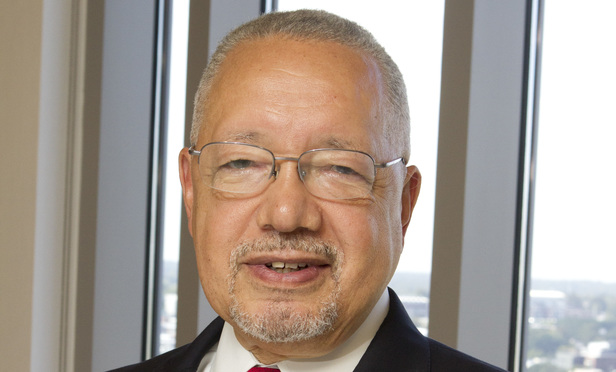The Centers for Disease Control and Prevention (CDC) has long recommended that all health care workers receive an annual influenza vaccination. Throughout the United States, employers in the health care industry have experimented with strategies to encourage voluntary influenza vaccinations of health care workers. However, voluntary immunization policies have not had a significant impact on the overall coverage rate. During the 2010-2011 flu season, for example, the CDC found that 95 percent of health care workers received the flu shot when their employer required it but, when vaccinations were made voluntary, the rate of immunization fell to less than 64 percent. Beginning in 2011, the Joint Commission began to require that health care facilities implement mandatory flu shot policies but acknowledged the need to allow some employees to decline.
The goal of universal vaccination of health care workers remains elusive, partially because the available vaccine may sometimes be in short supply, requiring employers to establish criteria for prioritizing those employees who should be first to receive the available vaccine, and partially because vaccination mandates sometimes conflict with applicable collective-bargaining agreements. In addition to these institutional concerns, certain individual rights concerns have arisen which must be accommodated in the development of any employee vaccination policy, and the need for such accommodation has produced a new wave of litigation.



